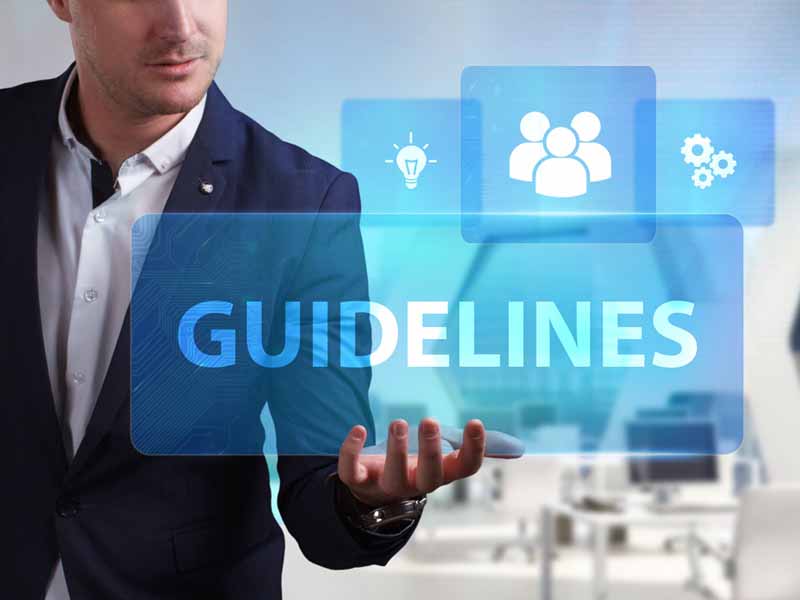New Guidelines Trust Takes Place of AHRQ Clearinghouse
November 28, 2018, 08:39 am News Staff – Four months after funding cuts forced the Agency for Healthcare Research and Quality (AHRQ) to shut down the National Guideline Clearinghouse (NGC), family physicians and other health care professionals who sought to fill that void have reason to celebrate.
The ECRI Institute -- the nonprofit agency that had contracted with AHRQ to develop and operate the NGC since its inception -- is picking up where the clearinghouse left off. This month, it launched the ECRI Guidelines Trust, a free online resource that contains hundreds of evidence-based guidelines, guideline briefs and other materials.
"Trustworthy clinical practice guidelines are essential to medical professionals who need to deliver safe and effective patient care," said Marcus Schabacker, M.D., Ph.D., the institute's president and CEO, in a news release. "Since ECRI Institute's mission is to advance effective, evidence-based health care globally, we are taking the lead to provide free access to trusted guideline resources."
Although the trust aims to provide the same information as the clearinghouse, Karen Schoelles, M.D., director of the trust and the ECRI Institute-Penn Medicine Evidence-based Practice Center, was quick to point out that the two resources are not identical.
"The ECRI Guidelines Trust is not simply the National Guideline Clearinghouse under a new name," Schoelles said. "When the NGC website was shut down on July 17, its records became inaccessible. So, the ECRI staff who had worked on NGC had to start over."
As a result, ECRI staff have spent the past several months working with guideline developers, medical specialty groups and other health care agencies to receive permission to add their guidelines to the trust's database. About 300 guidelines and guideline briefs are available as of this writing, and additional content will be uploaded to the trust as it becomes available.
Although the trust remains a work in progress, it already provides some resources the NGC didn't offer.
One of those new features is the TRUST Scorecard, which evaluates the transparency and rigor of a guideline compared to the Institute of Medicine (now National Academy of Medicine) standards for trustworthiness. The trust evaluates guidelines based on multiple criteria, including guideline development group composition, disclosure of funding sources and financial conflicts of interest, and systematic review of the available evidence. Only guidelines that meet the trust's inclusion criteria receive a scorecard.
The trust plans to roll out more features next year, including advanced search functions, a more user-friendly interface, and support for guideline implementation and decision-making. Other features may be added based on suggestions from health care professionals and other agencies.
Users must register with the trust to gain free access. Those who have difficulty registering with or navigating the trust can chat with an ECRI representative for assistance.
